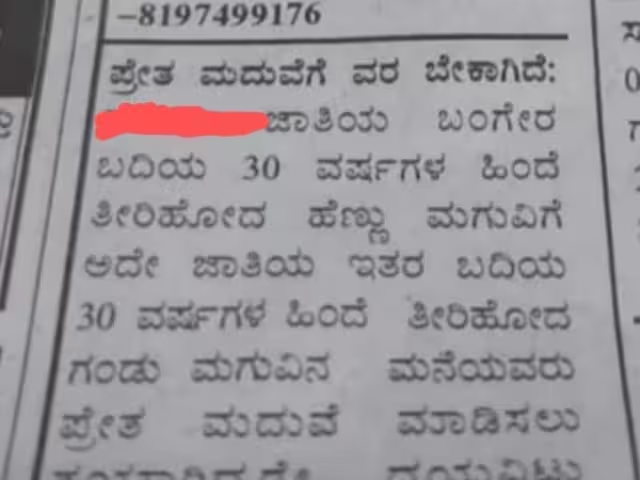The Supreme Court maintains the repeal of Article 370, ruling that JFK did not retain sovereignty at the time of accession
In rendering its decision on many appeals against the repeal of special privileges granted to Jammu and Kashmir under Article 370, the Supreme Court said on Monday that the arrangement was only temporary because of the state’s ongoing conflict and that it was a characteristic of “asymmetric federalism.” The Supreme Court also ruled that J&K lost its sovereignty when it joined India.

The ruling on Article 370 was handed down by the SC panel, which included Chief Justice DY Chandrachud, Justices Sanjay Kishan Kaul, Sanjiv Khanna, BR Gavai, and Surya Kant.
According to CJI DY Chandrachud, Article 370 seems to be temporary based on textual interpretations and marginal remarks. According to CJI, the particular circumstance that led to the introduction of Article 370 vanished when the constituent assembly did, but the state’s circumstances persisted, and the article went on.
According to him, the J-K Constituent Assembly was meant to be a transient entity. The CJI ruled that even in the event of the J-K Constituent Assembly’s dissolution, the President may still use his authority under Article 370(3) to declare that Article 370 is no longer in effect. According to the CJI, the President’s request for the Union Government’s consent was legitimate as the State government’s consent was not necessary to implement all of the Constitution’s provisions under Article 370.







